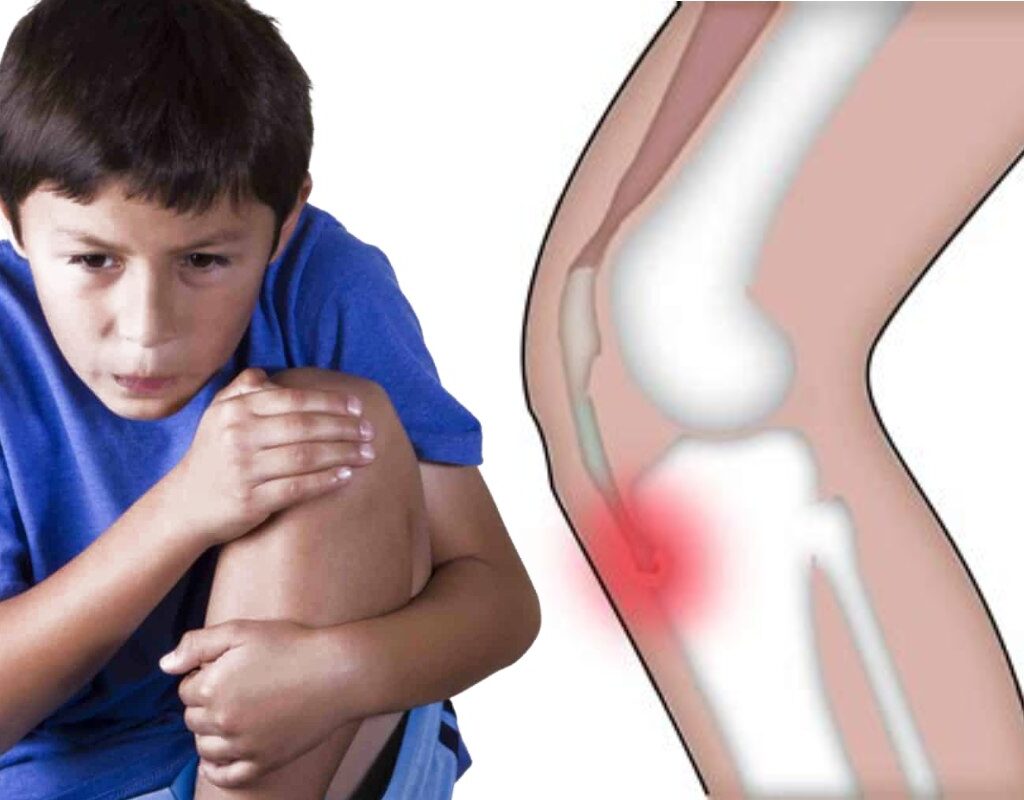Learn how Biodecoding is revolutionizing the treatment of hormonal imbalances. Discover the techniques that will allow you to identify and heal those deep emotional conflicts that affect your hormonal balance and transform your life.
Treatment of Hormonal Imbalances Through Biodecoding and Holistic Medicine
Biodecoding, an emerging discipline in holistic medicine, explores the connection between emotions and physical symptoms. This practice suggests that many health problems, including hormonal imbalances, originate from unresolved emotional conflicts.
Hormonal imbalances, a common problem affecting many people, manifest through various symptoms such as mood swings, fatigue and menstrual problems. These imbalances impact physical health as well as emotional and mental well-being. Therefore, it is crucial to understand and treat these imbalances with an approach addressing both the body and mind.
Fundamental Principles of Biodecoding
Biodecoding is based on several fundamental principles distinguishing it from other holistic medicine disciplines. First, it posits that many diseases have an emotional component. Internal conflicts and traumatic experiences can manifest as physical symptoms in the body.
Additionally, Biodecoding asserts that the body and mind are deeply interconnected. Unresolved emotions can trigger physical responses and vice versa. This mind-body interconnection principle is essential to understanding how hormonal imbalances can result from underlying emotional conflicts.
Finally, Biodecoding emphasizes healing through emotional recognition. Identifying and addressing underlying emotions can lead to physical healing. This process involves recognizing, accepting and releasing these emotions, which can restore hormonal balance and improve overall health.
Relationship with Hormonal Functioning
Hormones are chemical messengers that play a crucial role in regulating various bodily functions, including mood, energy and the menstrual cycle. Any alteration in hormonal balance can significantly impact physical and emotional well-being.
From the perspective of Biodecoding, hormonal imbalances result from unresolved emotional conflicts. For example, chronic stress can affect the production of cortisol and other stress hormones. Moreover, emotional traumas related to femininity and sexuality can negatively impact the balance of estrogen and progesterone.
Main Causes of Hormonal Imbalances
Emotions throughout the menstrual cycle and during perimenopause can influence hormonal changes. According to this approach, women experience more intense emotions due to the interconnection of the brain hemispheres, exacerbating hormonal symptoms.
Furthermore, chronic stress is one of the main causes of hormonal imbalances. Cortisol, known as the stress hormone, can become deregulated due to constant pressure and demands of modern life. This imbalance can lead to problems like insomnia, fatigue and menstrual issues.
Emotional traumas also play a crucial role. Traumatic experiences, especially those related to femininity and sexuality, can leave a deep imprint on the hormonal system. Biodecoding seeks to identify these traumas and release the trapped emotions to restore hormonal balance.
Biodecoding Techniques
Several techniques are available to treat hormonal imbalances, focusing on identifying and releasing emotional conflicts.
Identification of Emotional Conflicts
Working with a Biodecoding therapist to discover and understand underlying emotional conflicts is a crucial first step. This process may include exploring personal history and identifying emotional patterns contributing to physical symptoms.
Emotional Release
Once identified, emotional conflicts can be released through techniques such as Emotional Freedom Techniques (EFT), which combines acupressure with positive affirmations. Hypnosis is another method that helps access and release emotions trapped in the subconscious.
Reprogramming Beliefs
Changing limiting beliefs and negative thought patterns that contribute to emotional and physical stress is another essential aspect of Biodecoding. This technique can include using affirmations, visualizations and other methods to reprogram the subconscious mind.
Case Studies and Practical Examples
Chronic Stress and Cortisol Imbalance
A 35-year-old patient with high levels of chronic stress experienced constant fatigue and trouble sleeping. During Biodecoding sessions, it was discovered that the source of her stress was an unresolved conflict at her job. Addressing and resolving this emotional conflict normalized her cortisol levels, significantly improving her symptoms.
Emotional Trauma and Premenstrual Syndrome
Another patient, aged 29, suffered from severe premenstrual syndrome. Biodecoding revealed an emotional trauma related to past abuse. Through emotional therapy and trauma release, the patient experienced a significant reduction in premenstrual syndrome symptoms, improving her quality of life and overall well-being.
Integration and Discussion
First, the causes of hormonal imbalances mentioned in the documents underscore the influence of stress and emotional traumas. This connection between emotions and hormones is a recurring theme, emphasizing the need to address emotional conflicts to restore hormonal balance.
Second, the techniques described for treating these imbalances are consistent and reinforce each other. Identifying emotional conflicts, emotional release and reprogramming beliefs are methods that, when used together, can offer a holistic and effective approach to treating hormonal imbalances.
Finally, the case studies provide practical evidence of how Biodecoding can be effective in treating hormonal problems. These practical examples demonstrate that by addressing underlying emotional causes, it is possible to achieve significant improvement in hormonal symptoms.
Advantages and Limitations of Biodecoding
The advantages of Biodecoding include its comprehensive and personalized approach, considering both the physical and emotional aspects of the patient. Additionally, this approach can offer lasting solutions by addressing the underlying causes of hormonal imbalances rather than just the symptoms.
However, there are some limitations. Biodecoding requires time and commitment from the patient to identify and resolve deeply rooted emotional conflicts. Furthermore, the effectiveness of this discipline may vary from person to person and not all patients may respond the same way to Biodecoding techniques.
Conclusion and Final Reflections
In conclusion, Biodecoding offers a unique and valuable perspective for treating hormonal imbalances, highlighting the interconnection between our emotions and our physical health. Addressing the underlying emotional causes of hormonal imbalances can achieve deeper and more lasting healing.
For those interested in exploring this approach, it is recommended to work with a qualified Biodecoding therapist and be open to a process of self-discovery and emotional healing. Future studies could focus on combining Biodecoding with other complementary therapies to optimize results in hormonal treatment.
Additionally, it is essential to promote education about Biodecoding and its potential to treat hormonal imbalances. By doing so, we can empower more people to take control of their emotional and physical health, achieving holistic and lasting well-being.
Biodecoding is not just a therapeutic tool; it is an invitation to explore the deep connection between our emotions and our health. In a world where stress and emotional traumas are common, this discipline offers renewed hope for those seeking a holistic and effective solution to their hormonal problems.
The cover image has been provided courtesy of Depositphotos.com




